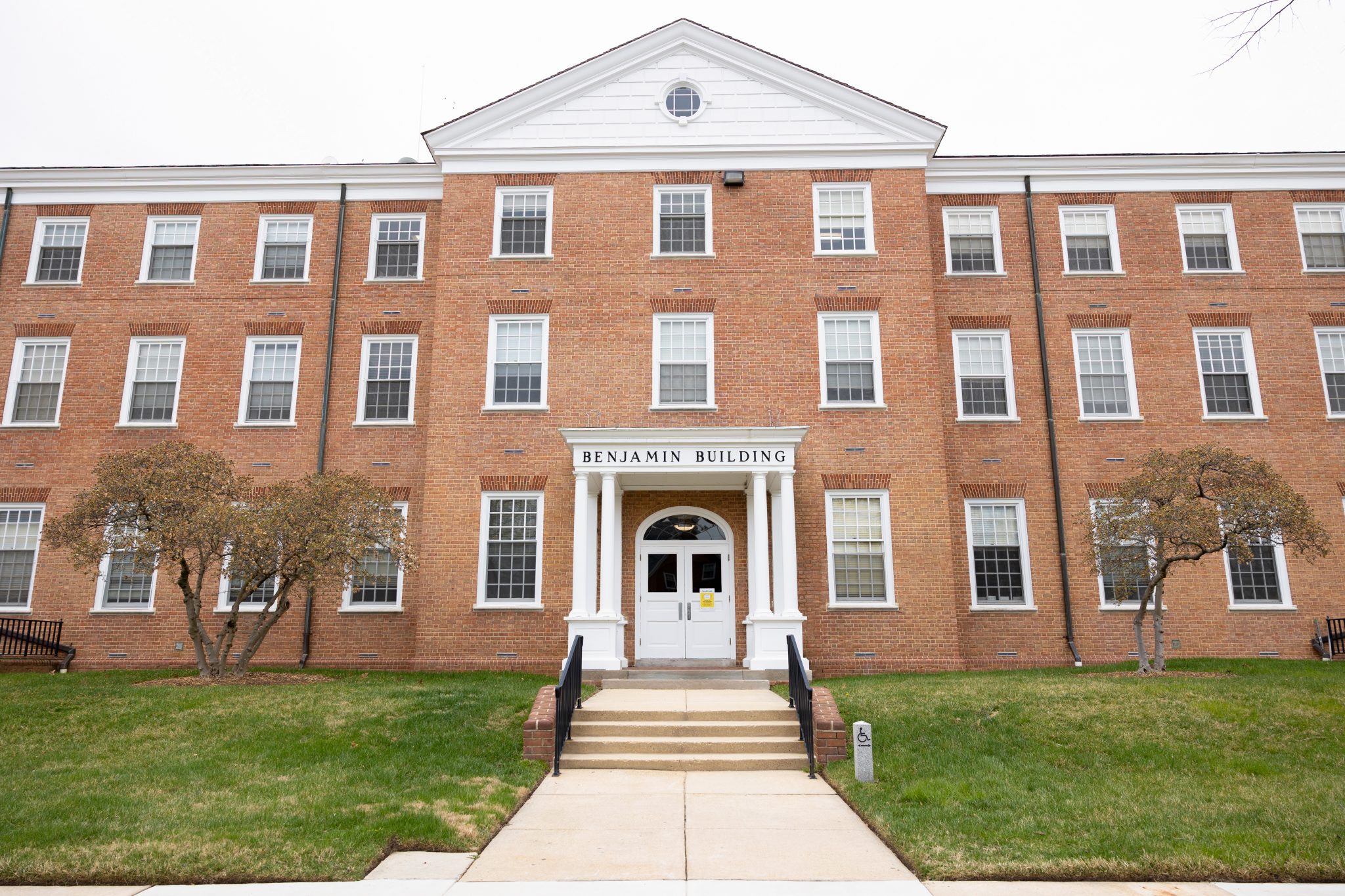Views expressed in opinion columns are the author’s own.
When you were in second grade, you would have been excused for thinking your teachers lived at school. The bell rang and when you hopped on the bus, your teacher might get all cozy and ready for bed, tucking themselves in between desks.
They do not, but teachers may as well in our state’s current employment scenario.
A dire shortage of teachers across Maryland is forcing those remaining in the profession to increasingly stretch themselves thin. While this puts tremendous strain on teachers, it also heightens the pressure on substitutes when full-time teachers have to take time off.
Lately, there haven’t been enough substitute teachers. There were 164,000 openings during the last school year that needed to be covered by substitute teachers in Montgomery County, yet more than half stayed open. This isn’t expected to get better anytime soon. Without substitute teachers, the consistency of education students receive is in jeopardy.
Meanwhile, students at the University of Maryland’s education college are training in classrooms across the state as student teachers. The training allows future teachers to learn under the guidance of certified teachers. Under a state provision, student teachers make a yearly stipend of $20,000 for their time and energy.
To fill the void, this university must work to put its education majors — especially ones with at least a semester or two of student teaching experience — in classrooms as substitute teachers.
Students would be guaranteed that their classrooms are led by instructors with interest and aptitude in the education field. Moreover, the educators of the future could learn what it takes to organize a classroom first hand.
The student teaching process already defines a robust precedent that could be executed. Education majors spend many of their semesters as student teachers while retaining their status as full-time students. Some manage the time commitment by taking classes later in the afternoon after the school day ends. A similar system would likely work for those in the substitute registry.
This university’s education college could implement a program that would reward education majors who have already served as student teachers to join substitute registries across the state. In a perfect world, more education majors would join these registries on their own. In practice, signing up to substitute on a consistent basis robs students of flexibility in their schedules.
With a semester or two of work as student teachers under their belts, some students are more qualified to work in classrooms as substitutes than their inexperienced counterparts. By having them work as substitutes, the teaching standards would be raised, as more qualified individuals would be substituting.
To make substituting more appealing for students, the university should provide a stipend to cover the time and transportation costs associated with traveling to schools across the state. This, on top of the salaries schools already pay to substitutes, would properly compensate students for their important — yet thankless — work. The state already gives a stipend to student teachers, so Maryland could implement something similar for student substitutes.
This university could even provide course credit for these newly-initiated substitutes. Doing so would allow education majors to work in classrooms while maintaining their standing as full-time students.
This could also hold substitute teachers to a higher standard. In Montgomery County, a potential substitute teacher only needs 60 college credits or an associate’s degree in any subject. That is an incredibly low bar —– anyone who’s completed enough coursework to be a junior in college could be eligible to work in a classroom. Sure, today these students are young kids who might celebrate an easy day of class with an unqualified substitute teacher, but tomorrow, these kids are our doctors, engineers and firefighters.
On my first day as a substitute teacher in Montgomery County, I was approached to cover for someone’s paternity leave.
Now don’t get me wrong — I am an education major and really enjoy working with kids — but by no means am I qualified to cover for a teacher long term. Rather, an education major who has already served as a student teacher would be more prepared, as they are already familiar with the classroom environment.
Paraeducators — faculty that are trained to aid teachers but not to lead classrooms on their own — would also be able to breathe a little easier. With the teacher shortage, schools are forced to lean on paraeducators. But by having this university provide experienced student teachers as substitutes for the state, these paraeducators can focus on doing their jobs.
Whether recognized or not, our teachers do a lot for us. And as a substitute teacher myself, I see the value in giving back to them in any way we can. To properly show teachers our appreciation, we can help give them the time off they deserve.
Sam Krakower is a sophomore secondary education and history major. He can be reached at skrakowe@terpmail.umd.edu



